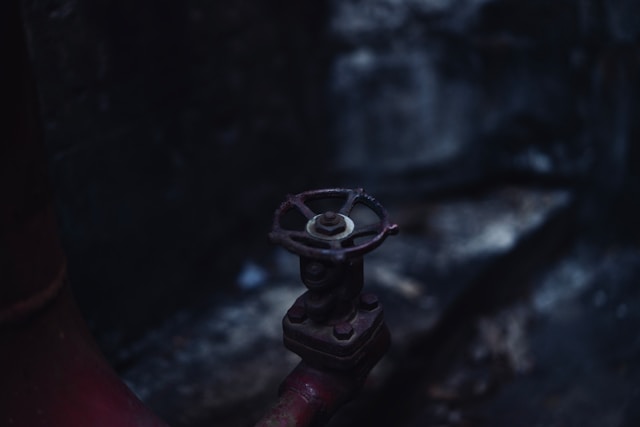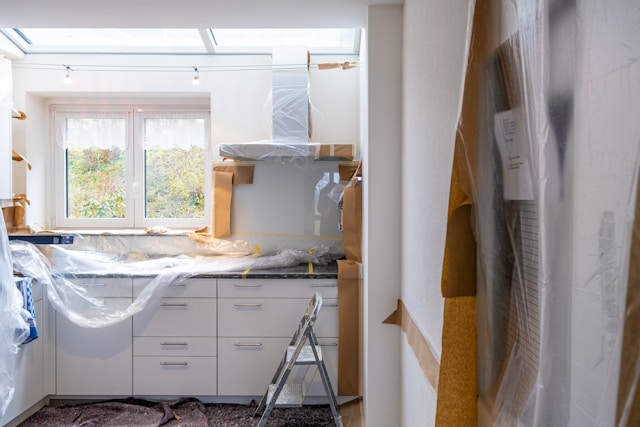If you’re thinking about installing solar panels, there are a few factors that impact your cost. These include the size of your roof, your home’s structure, and your chosen panels.
Your location is also important. So how much do solar panels cost to install? According to the CSE, with installation, a typical household 5-kW system costs between $3 and $5 per watt or between $15,000 and $25,000. There are no tax breaks or other benefits included in that price. Different areas get different amounts of peak sunlight hours, impacting how much energy your solar system can generate.
The Size of Your Roof
The size of your roof is one of the biggest factors that will impact the cost of installing solar panels. A large roof has more usable space and can accommodate more solar panels, which produces more energy.
The number of solar panels required will also depend on your region’s solar irradiation and the type of system you choose. Some solar calculations also consider local, state, and federal government incentives that can help you save money.
A simple way to determine the size of your roof is to measure its length from the eaves up to the ridge and the slope height from the eaves down to the ridge. You can use a tape measure or your phone’s Pitch Detector tool.
Once you have the measurements, divide your roof into sections and mark each section’s length and width. Once you have all the sections labeled, calculate each plane’s square footage by multiplying the plan’s length and width by its area.
You can estimate the materials needed to install the solar panels after you know how many square feet your roof is. If you want assistance calculating the square footage of your roof, contact a nearby roofing professional for a more precise quotation.
The Structure of Your Home
The design of your property can affect how much your solar system costs, regardless of whether you own or rent it. This is especially true if you reside in an area with expensive power prices.
Another consideration is the resale value of your home. A Zillow analysis found that homes with solar panels on the roof typically saw a higher resale value than those without them.
But a home’s value might also be impacted by other variables. If you install solar panels on the front of your property, prospective buyers could be less interested in buying your home because it appears strange or out of place.
Additionally, solar panels can be difficult to move if you plan to sell your home. This is because they need to be removed from your roof and reinstalled on the new one, which can be expensive. Moreover, local building codes in your new area may block moving a solar panel system.
The Brand of Panels
The price of your system may vary depending on the brand of solar panels you select. It would be best to compare several brands and producers to discover the greatest option for your house.
Besides efficiency, temperature coefficients, and warranty, you should also examine the manufacturer’s sustainability commitment. A high-quality panel will have a minimal environmental impact during the production process and its lifecycle.
The Type of System You Want
The type of system you want greatly impacts your solar panel cost. You can choose from grid-tied, grid-tied plus battery backup, off-grid, and hybrid options.
The number of panels you install will also affect the cost of your solar system. A larger system requires more equipment and labor but can save you money.
How much sun your home receives is another factor influencing how many panels are needed and what type of system you need. Homes in sunny areas tend to get more sunlight hours, which means more energy can be generated.
This is good for homeowners because it will reduce their power bills and help them earn money through buyback agreements. If your solar panels generate more electricity than you use, a repurchase agreement might help you avoid paying for the excess electricity you don’t use.
A high-efficiency system will take longer to pay for itself, but it will provide a greater return on investment over time. However, it will also be more expensive than lower-efficiency models.
The Inverter
You’ll need an inverter if you’re installing solar panels so that your solar panels’ DC (direct current) power may be converted into alternating current electricity that you can use at home. One kind of power electronics that controls the flow of electrical energy is an inverter.
The type of inverter you choose will impact the cost of your system. You can choose from a string inverter that connects all of your solar panels to one inverter or a microinverter that transforms the power at each of your solar panels, eliminating the need for a central inverter and allowing you to maximize each panel’s performance.
Inverters can be purchased from solar companies, or you can purchase them used on eBay and other online sites. They typically cost between $0.75 to $1.60 per watt, but they can also be found for as little as $2.60 per watt, depending on the condition of the panels and other factors.
You can also buy other equipment for your system, such as racking and ground mounting. These parts are necessary for installing solar panels and should be purchased from a home improvement store. Additionally, you’ll need a balance of system or BOS pieces, such as a disconnect, wires, and conduit.

 Keeping Your Hearth in Top Shape: The Value of Routine Fireplace Repair
Keeping Your Hearth in Top Shape: The Value of Routine Fireplace Repair  Septic Systems: Maintenance Tips for Homeowners
Septic Systems: Maintenance Tips for Homeowners  Timeless Elegance: A Guide to Buying Your First Antique Shelf Clock
Timeless Elegance: A Guide to Buying Your First Antique Shelf Clock  Fostering Tranquility: Infusing Personal Well-Being into Home Renovation Ventures
Fostering Tranquility: Infusing Personal Well-Being into Home Renovation Ventures 


